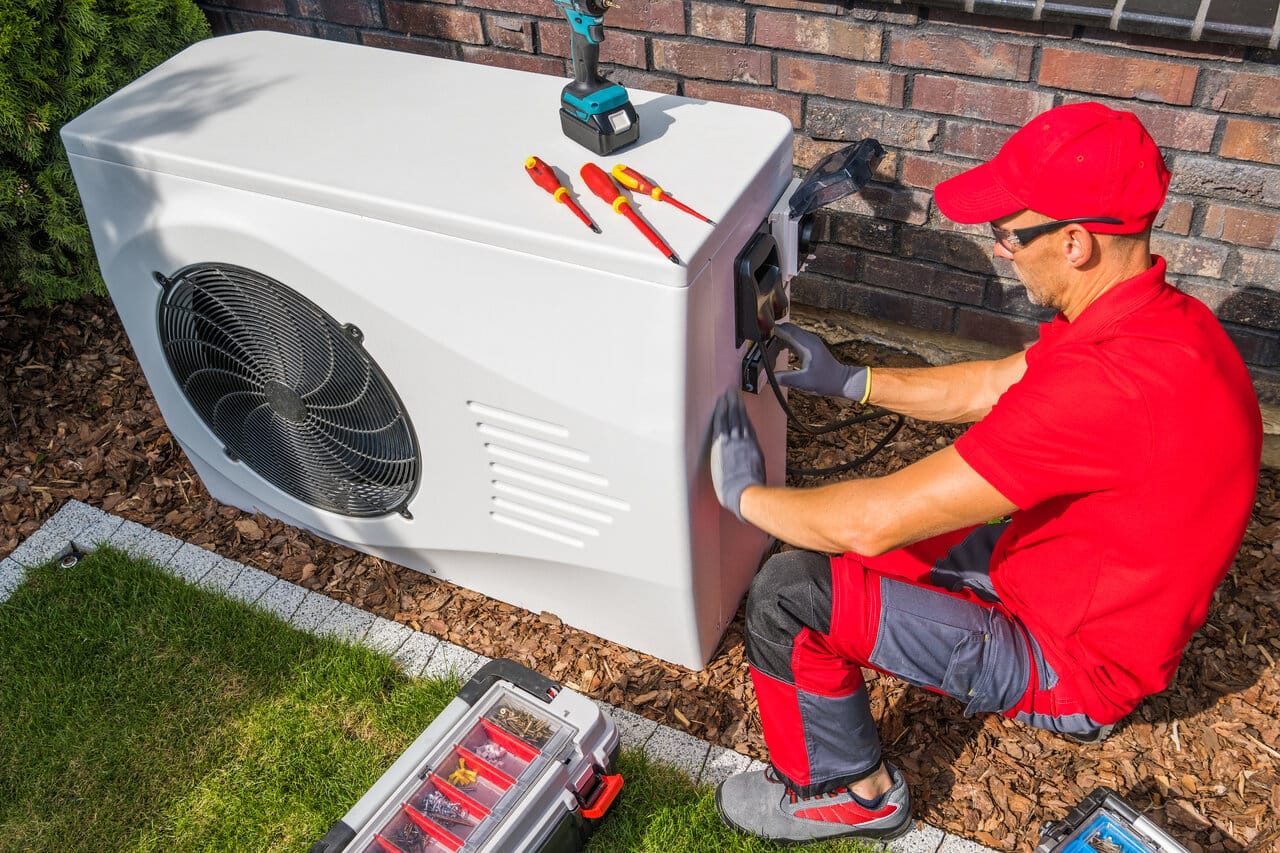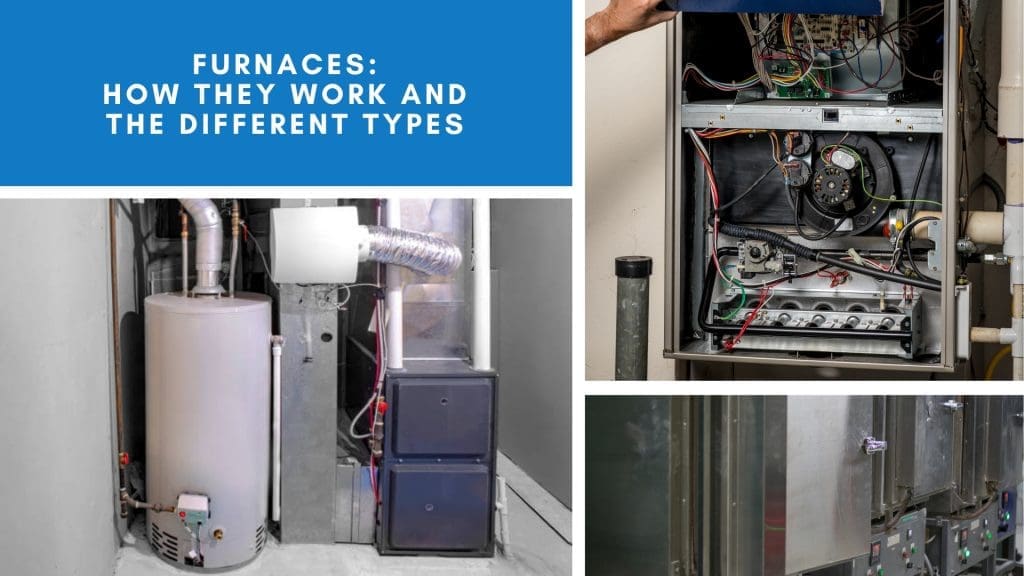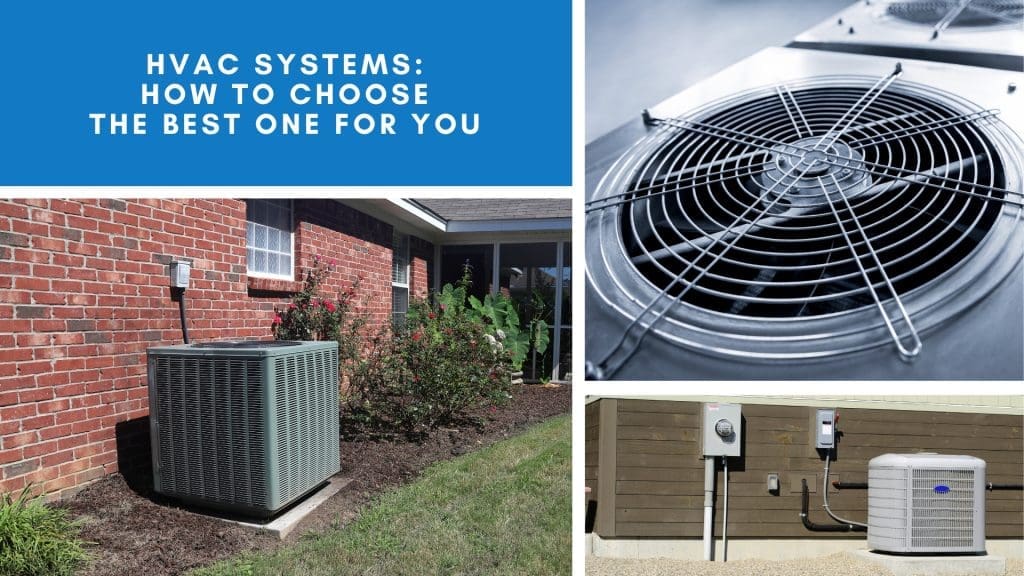Introduction
When winter’s chill sets in, the comfort of a warm home becomes paramount. In the quest for the most efficient and cost-effective heating solution, HVAC (Heating, Ventilation, and Air Conditioning) systems stand out as a superior choice. This comprehensive 1700-word guide explores the advantages of HVAC systems compared to other heating options like propane heaters, electric heaters, and wood burners, delving into their efficiency, comfort, and environmental impact.

The Efficiency and Comfort of HVAC Systems
Unrivaled Energy Efficiency
HVAC systems are celebrated for their advanced technology and energy efficiency. Features like variable-speed blowers and modulating gas valves allow these systems to adapt their output precisely to the heating needs of a home, reducing energy wastage and lowering utility bills. This efficiency is a hallmark of their economic advantage over time.
Comparison with Other Systems
- Propane Heaters: While propane heaters offer quick heating, they can’t match the energy efficiency of HVAC systems. Fluctuating propane prices can also lead to unpredictable long-term costs.
- Electric Heaters: Known for their simplicity, electric heaters are less energy-efficient, especially in larger homes, leading to higher electricity bills.
- Wood Fireplaces: While offering a rustic charm, wood fireplaces are less efficient in energy usage and heat distribution.
Comfort and Consistent Heating
HVAC systems provide even, consistent heating throughout the home, eliminating cold spots and ensuring a comfortable living environment in every room.
Comparison with Other Systems
- Propane and Electric Heaters: These often result in uneven heating, warming only the immediate area around them.
- Wood Fireplaces: The heat from wood fireplaces is localized and does not distribute evenly across the home.
Indoor Air Quality
HVAC systems enhance indoor air quality by reducing allergens and pollutants, benefiting individuals with allergies or respiratory sensitivities.
Comparison with Other Systems
- Wood Fireplaces: Can deteriorate indoor air quality by producing smoke and particulates.
- Oil and Diesel Heaters: Emit odors and particulates that may affect indoor air quality.
Types of HVAC Systems and Their Suitability
Standard Split Systems
These systems are widely used and can be tailored to specific climate needs, offering various efficiency options. They typically consist of a furnace and air conditioner or a furnace and heat pump.
Advantages
- Versatile and cost-effective, especially for replacement installations.
- Can be set up with little to no adjustments to existing ductwork.
Ductless Split Systems
Ideal for homes without pre-existing ductwork, these systems provide heating and cooling with good to excellent efficiency levels.
Advantages
- Suitable for up to 4 indoor areas with individual thermostat control.
- Offer a range of efficiency levels, helping to reduce energy consumption and costs.
Packaged Systems
Packaged systems are popular in homes without basements, with all components housed within a single outdoor unit.
Advantages
- Quieter operation within the home as mechanical parts are located outside.
- Suitable when traditional split systems aren’t feasible.
Geothermal Systems
Utilizing the stable temperatures of the earth, geothermal systems offer exceptional efficiency.
Advantages
- Energy savings up to 4 times that of traditional systems.
- Long lifespan and low maintenance requirements.
Comparison with Other Heating Methods
Propane Heaters
Propane heaters provide rapid warmth but have limitations in efficiency and coverage compared to HVAC systems. Their reliance on propane also leads to variable operating costs.
Electric Heaters
Electric heaters, while simple and convenient, are less efficient and more costly to operate in the long term, especially in larger homes.
Wood Fireplaces
Wood fireplaces offer traditional warmth but require significant maintenance and are inefficient in heating distribution.
Oil and Diesel Heaters
These heaters, though powerful, are less environmentally friendly and require regular maintenance and fuel storage.
Economic and Environmental Impact
Cost-Effectiveness
High-efficiency HVAC systems lead to substantial utility bill reductions over time. Features like smart thermostats maximize energy savings, making them a worthwhile investment.
Environmental Sustainability
HVAC systems, particularly high-efficiency models, have a lower carbon footprint compared to traditional heating methods, aligning with global efforts to combat climate change.
Maintenance and Lifespan
A well-maintained HVAC system can last between 15-20 years. Regular maintenance extends the system’s life and ensures efficient operation.
Conclusion
HVAC systems emerge as the superior choice for home heating and cooling. Their efficiency, comfort, and environmental benefits make them preferable over other heating methods like propane heaters, electric heaters, and wood fireplaces. While the initial investment may be higher, the long-term savings and advantages make HVAC systems an ideal choice for modern, energy-conscious homeowners seeking a reliable and sustainable heating solution.
This comprehensive guide provides an in-depth analysis of HVAC systems, highlighting their advantages over other heating methods. With detailed comparisons, insights into operation


